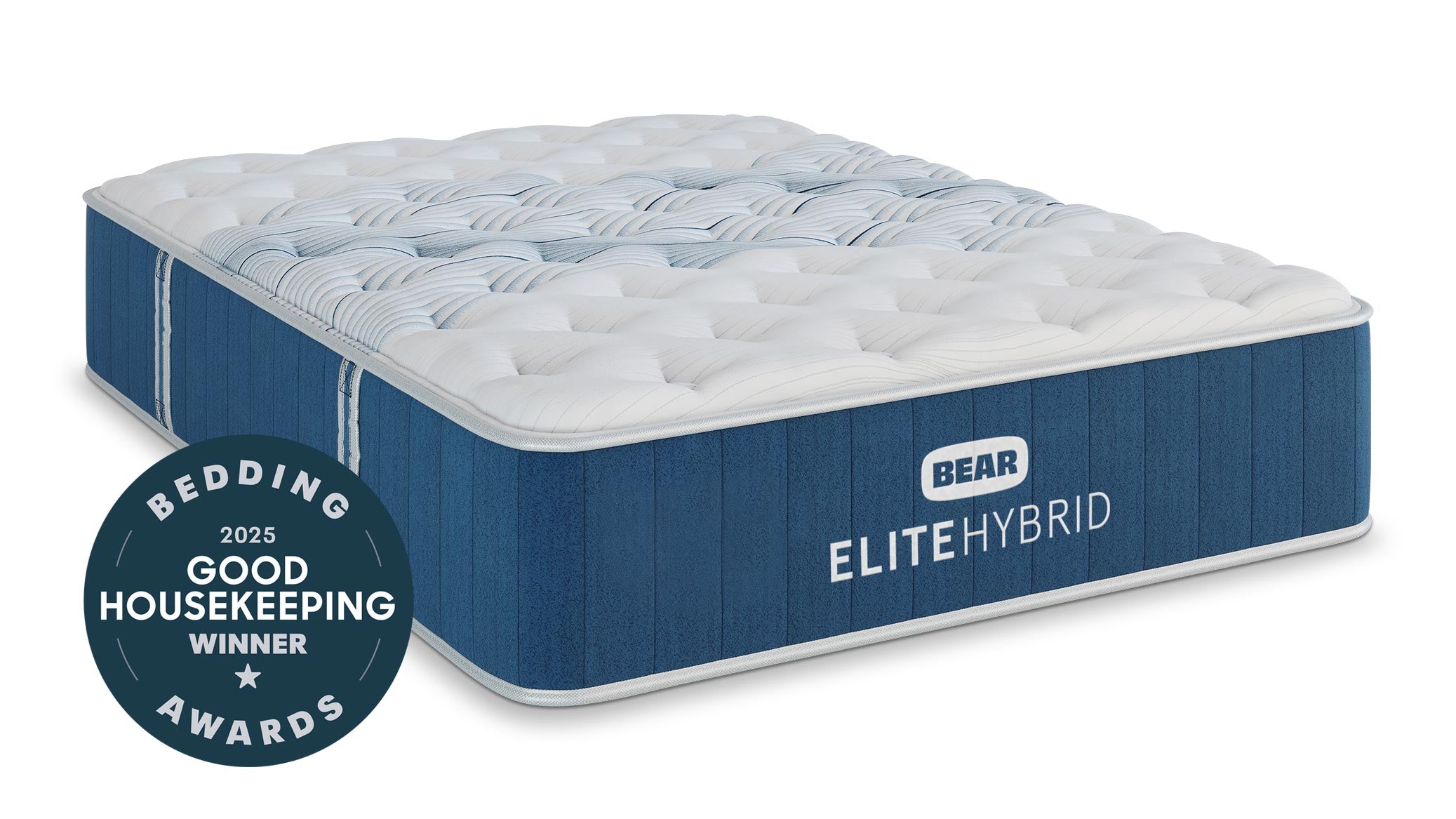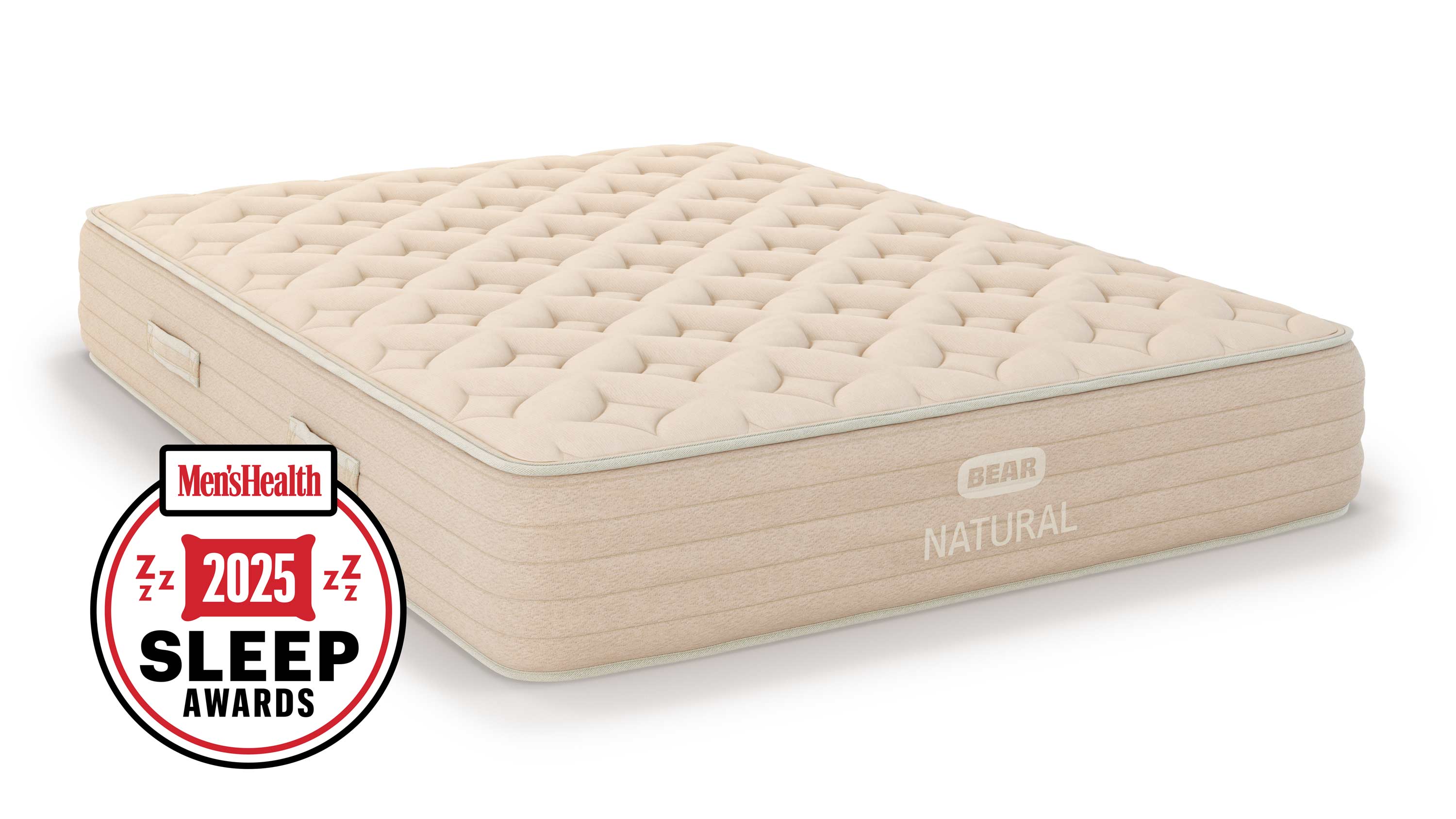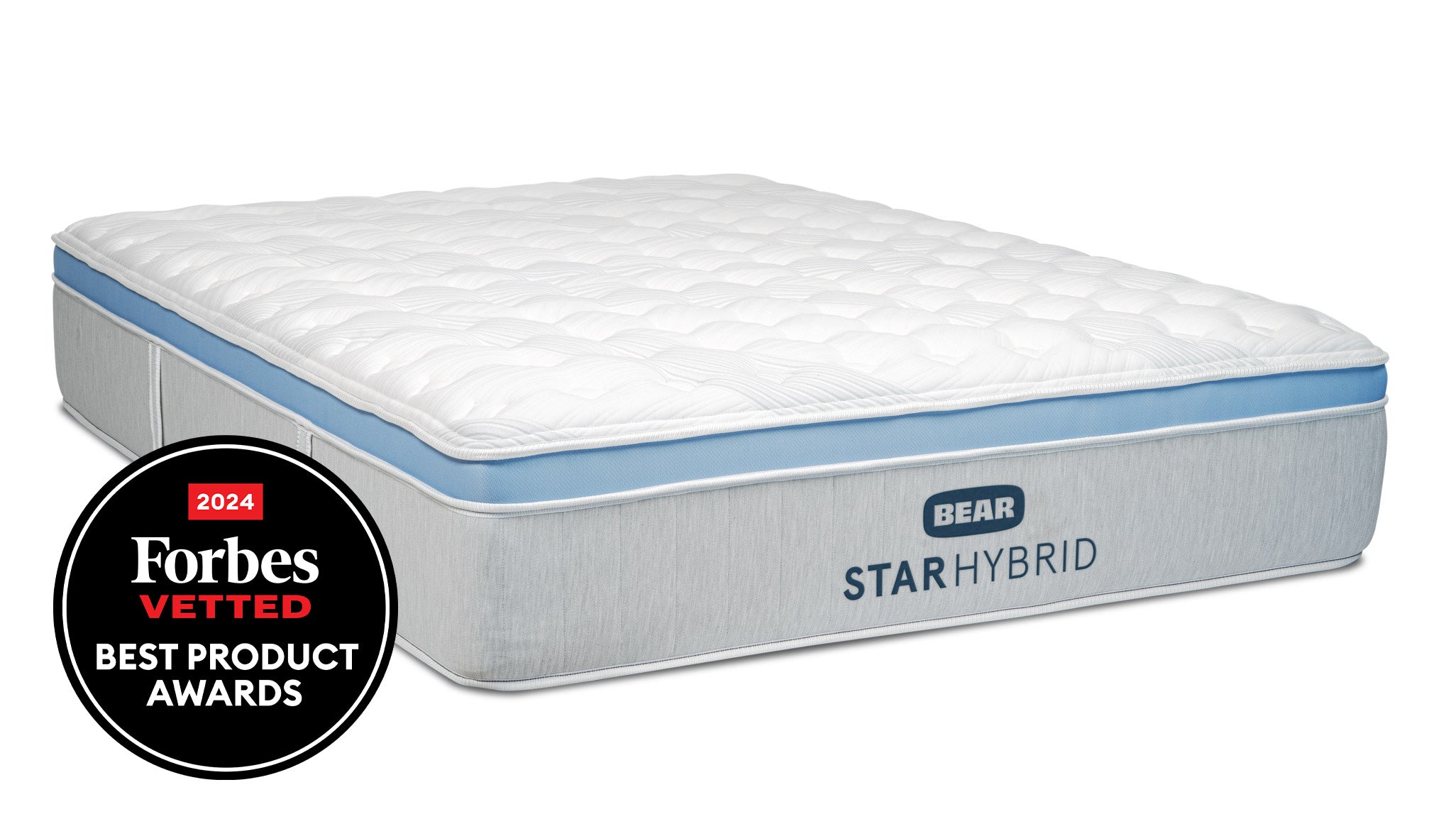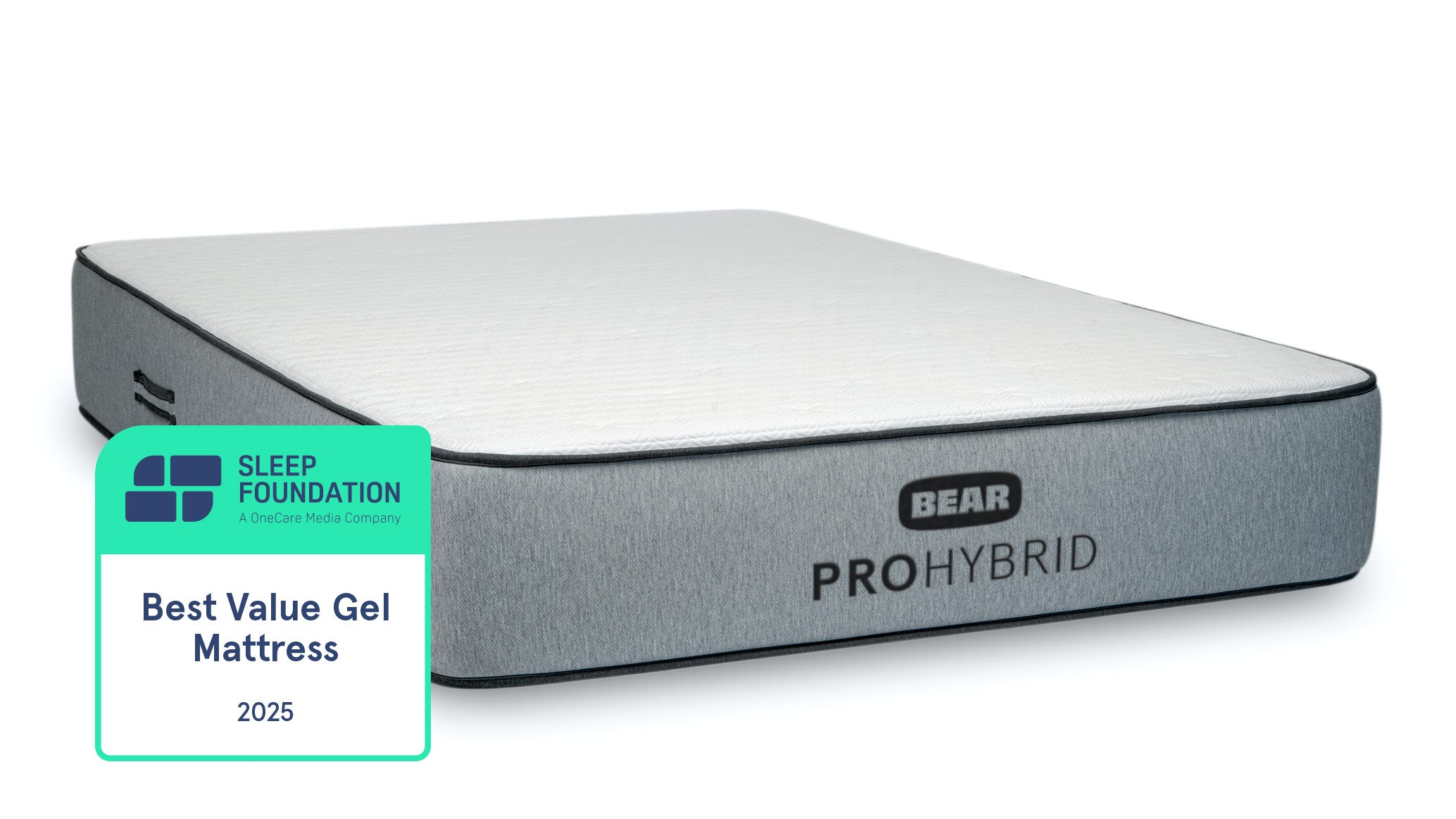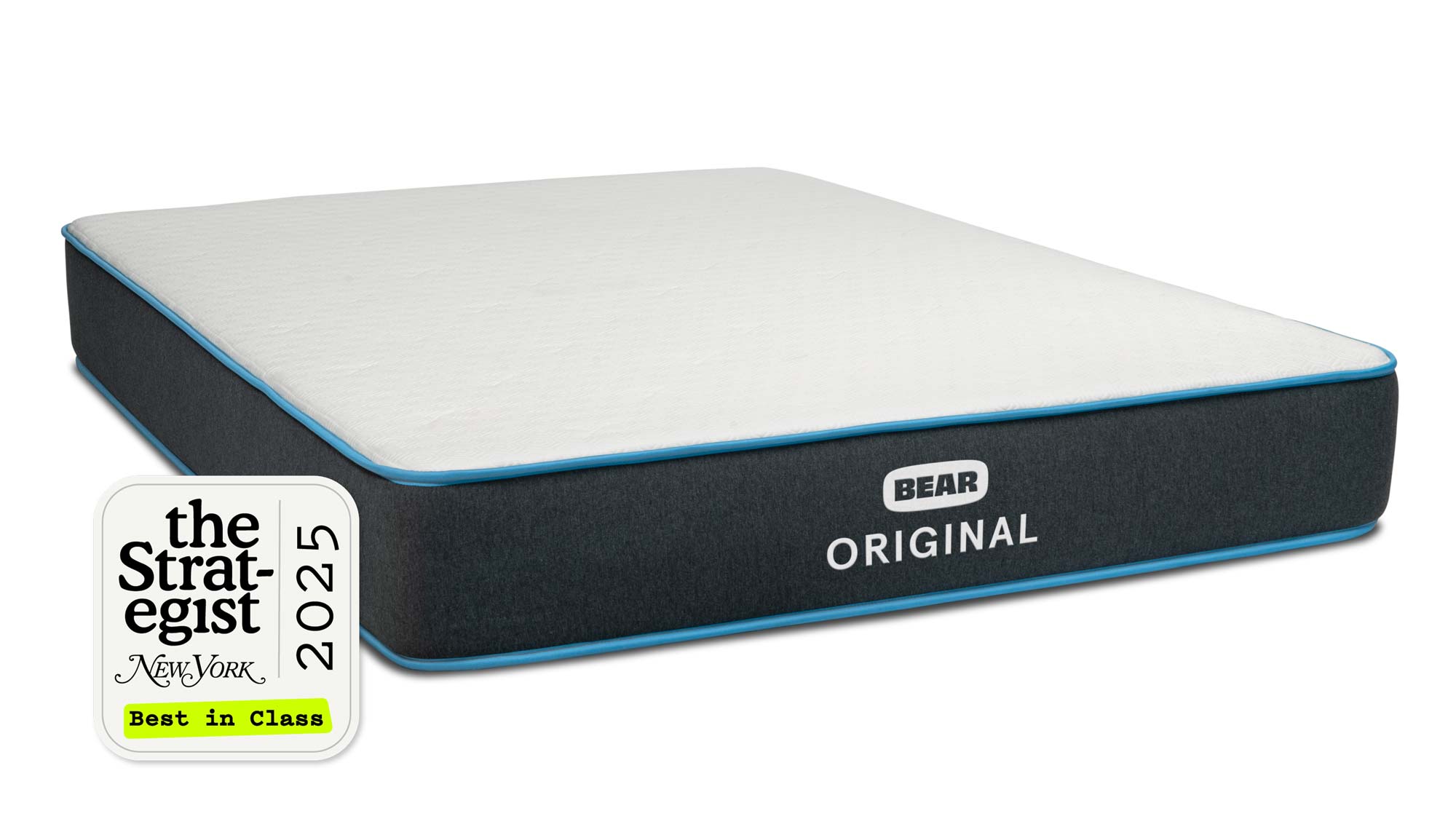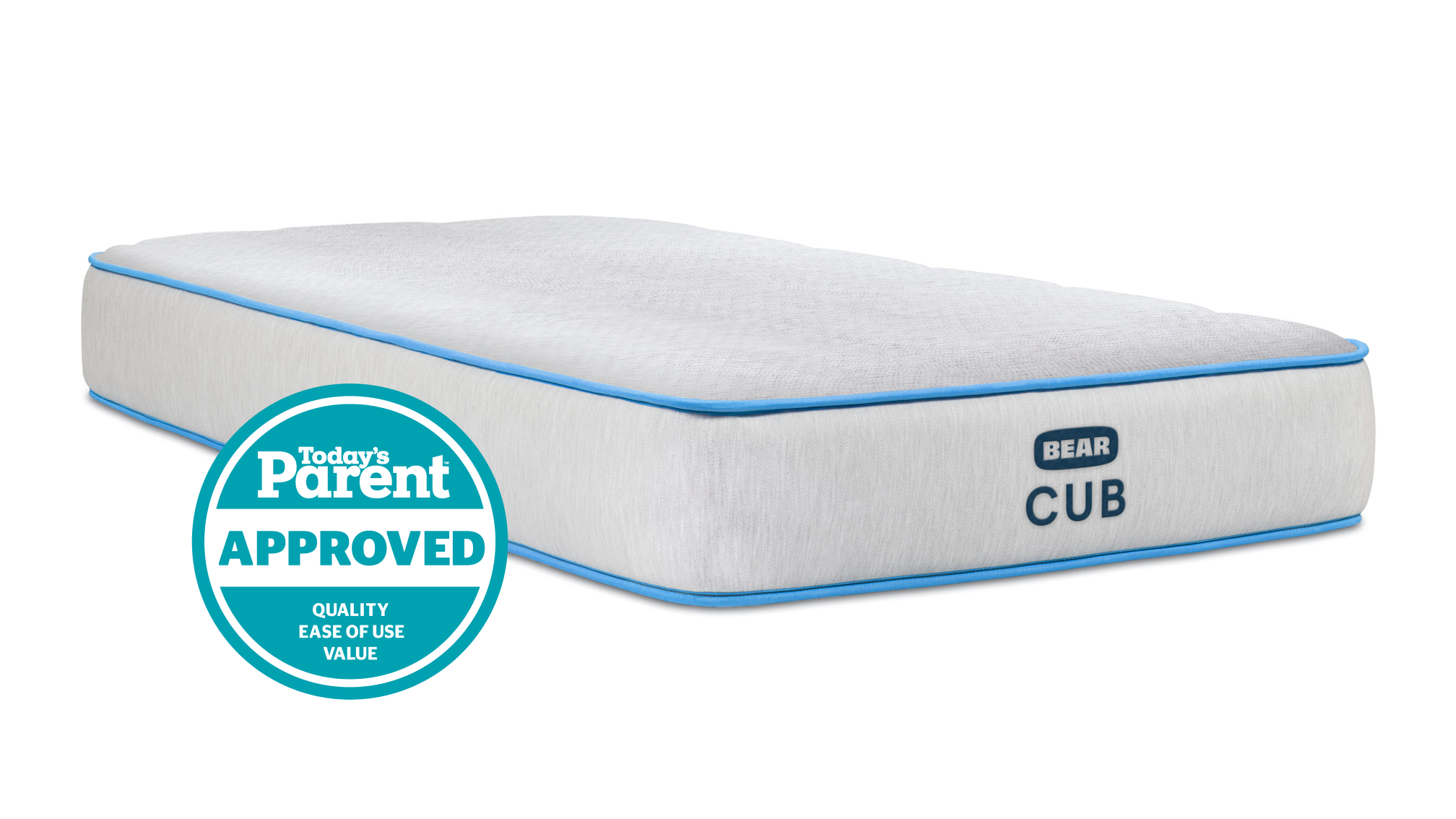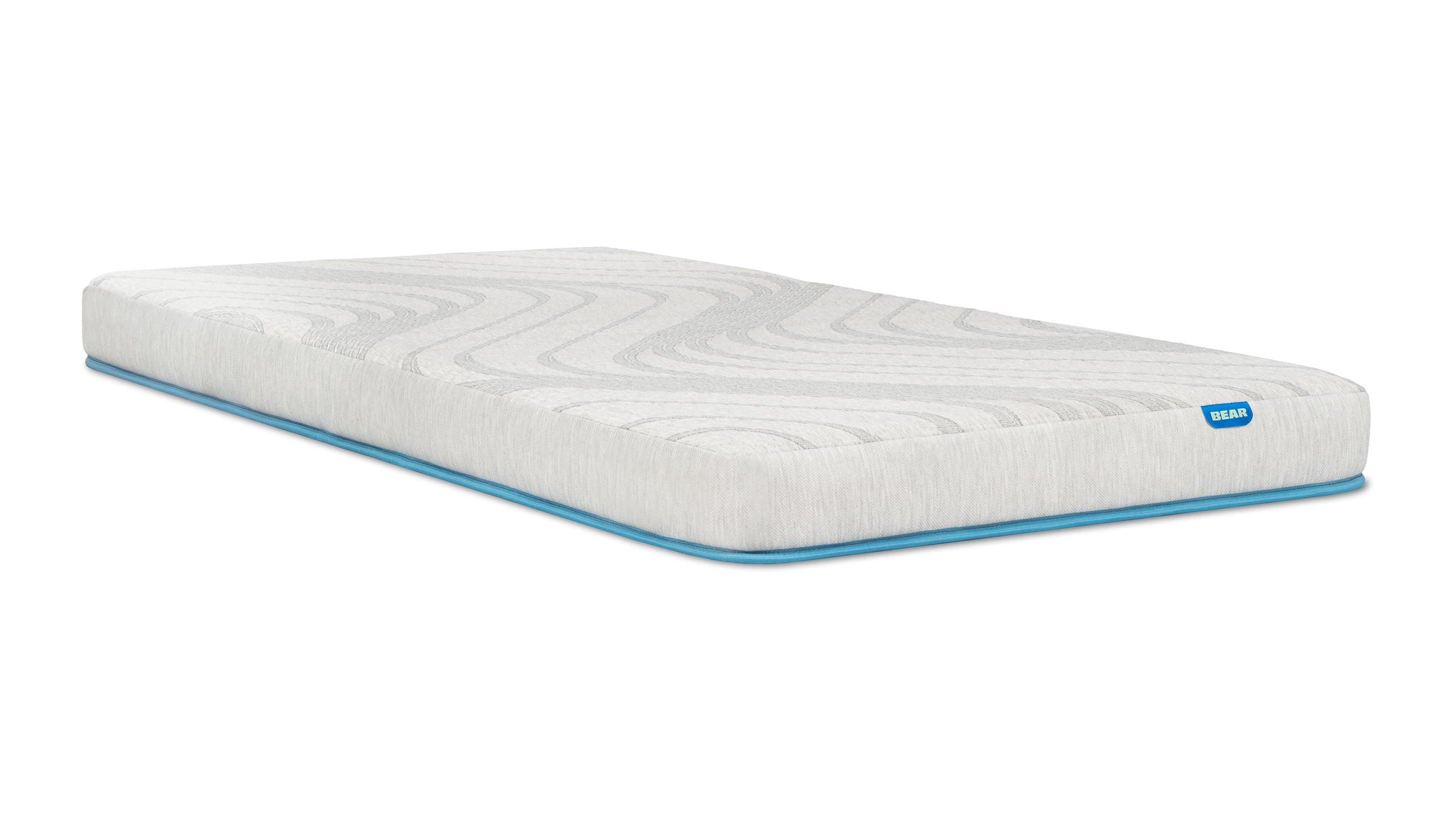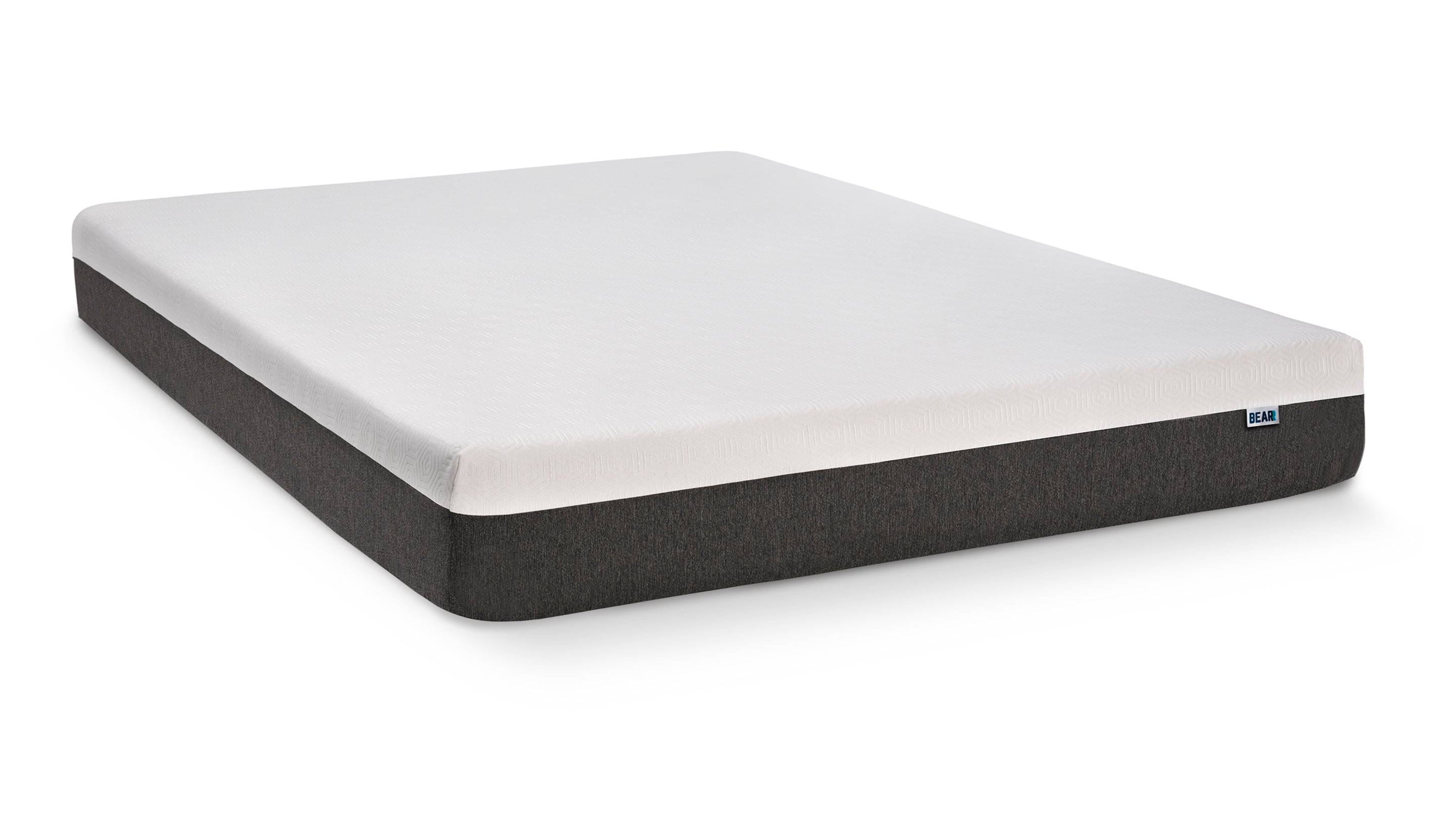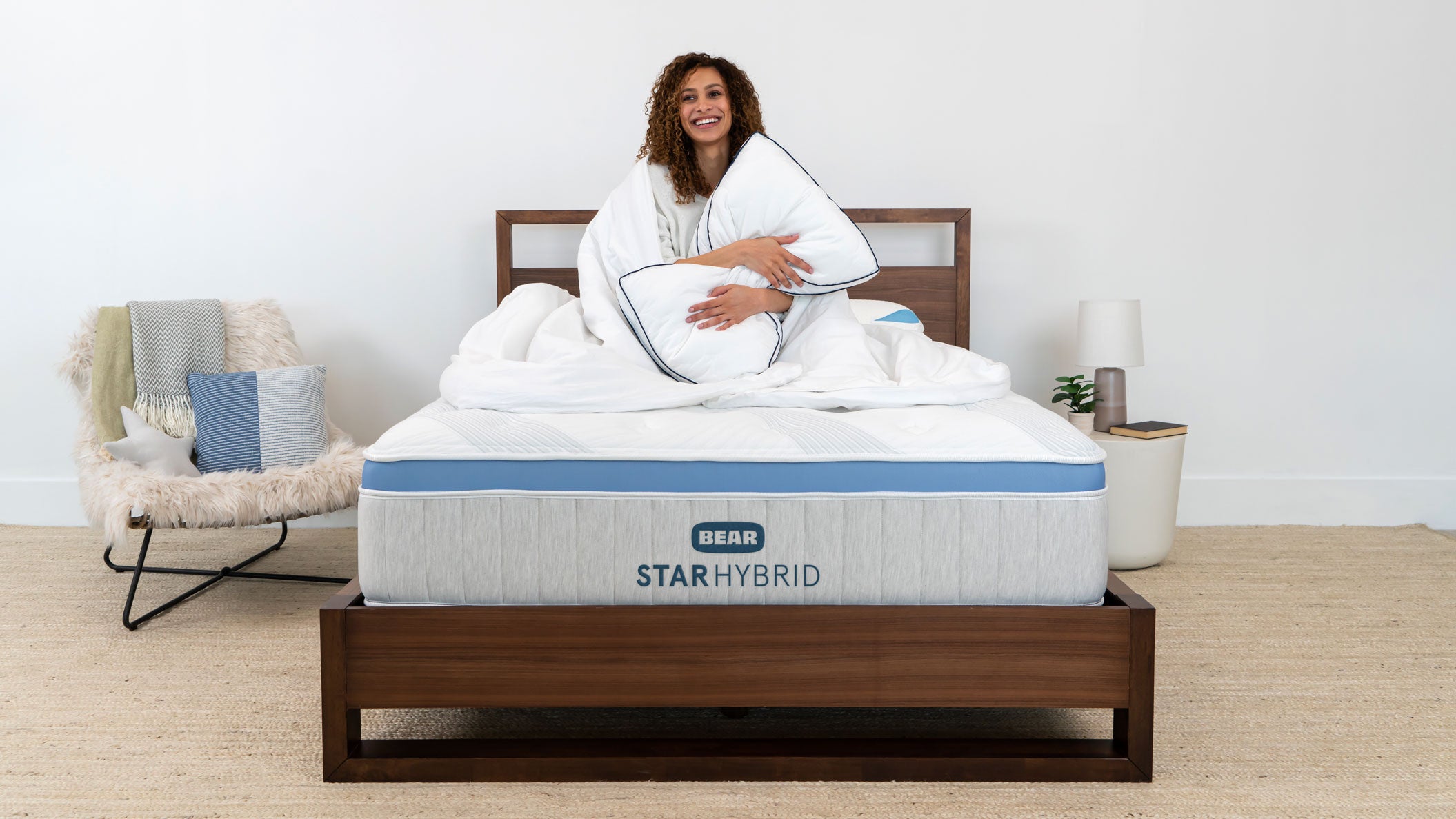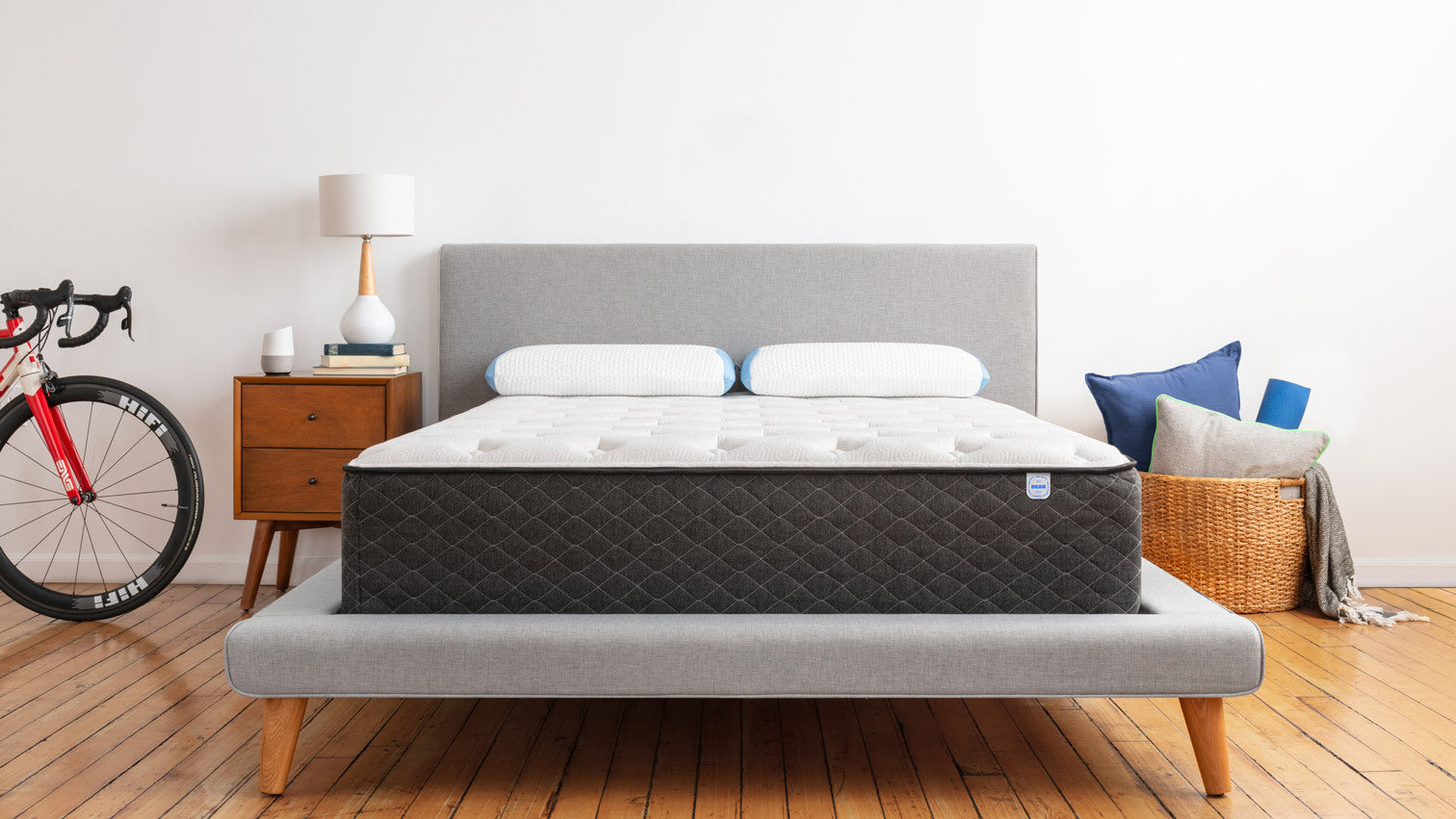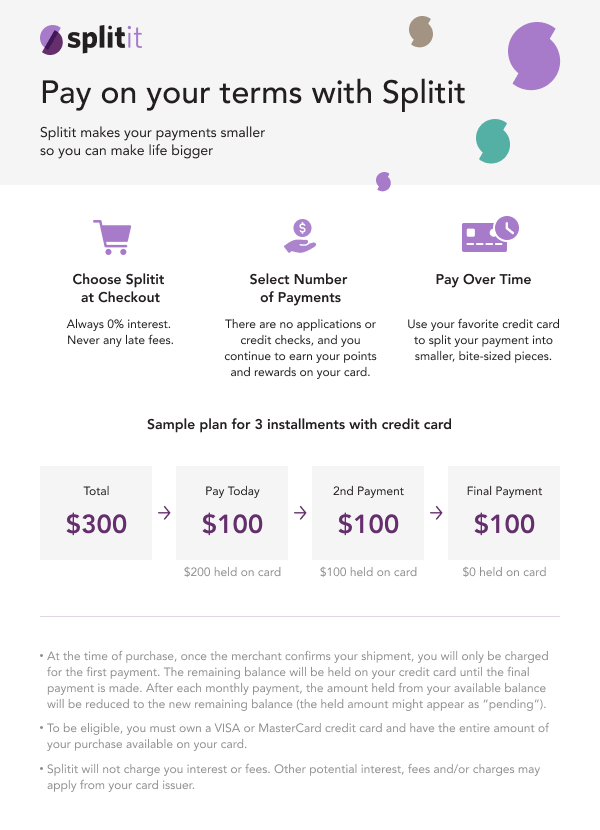Did you know that sleep is one of the best ways to naturally boost your immune system?
Yep — not only will sleep help you fight off a nasty virus, it’ll also reduce your risk of getting sick in the first place. But why?
Sleep, Cytokines and T Cells
During sleep, your body makes cytokines, a group of proteins released by the immune system that target both infection and inflammation, thereby creating an effective immune response.
But if you don’t sleep, your body can neither produce nor release these proteins, leaving you more susceptible to infection.
Similarly, T cells fight off virus-infected cells — like flu or HIV. They do so with the help of integrin, a protein that allows them to attach to and kill these virus-infected cells.
In fact, a German study compared T cells in people who slept all night versus people who stayed awake all night. The results showed that the sleepers’ T cells had higher levels of integrin activation, suggesting that a good night’s sleep can strengthen your body’s immune response to virus-infected cells.
On the other hand, the people who did not sleep showed higher levels of stress hormone, which can actually suppress your immune system and decrease T cell functioning.
In short: sleep is crucial to boosting your immune system and fighting off infection.
Quick Tips to Help You Get a Good Night’s Sleep
As we all know, getting a good night’s sleep is sometimes easier said than done — so here’s a few ways to help you fall asleep and stay asleep:
- Having trouble falling asleep? Try the “military method” or 4-7-8 breathing — or maybe just turn on some white noise.
- Take some melatonin, drink chamomile tea or diffuse essential oils. These are just a few of the great ways to improve sleep.
With these tips and tricks, you’ll improve your sleep habits — and boost your immune system along the way!
